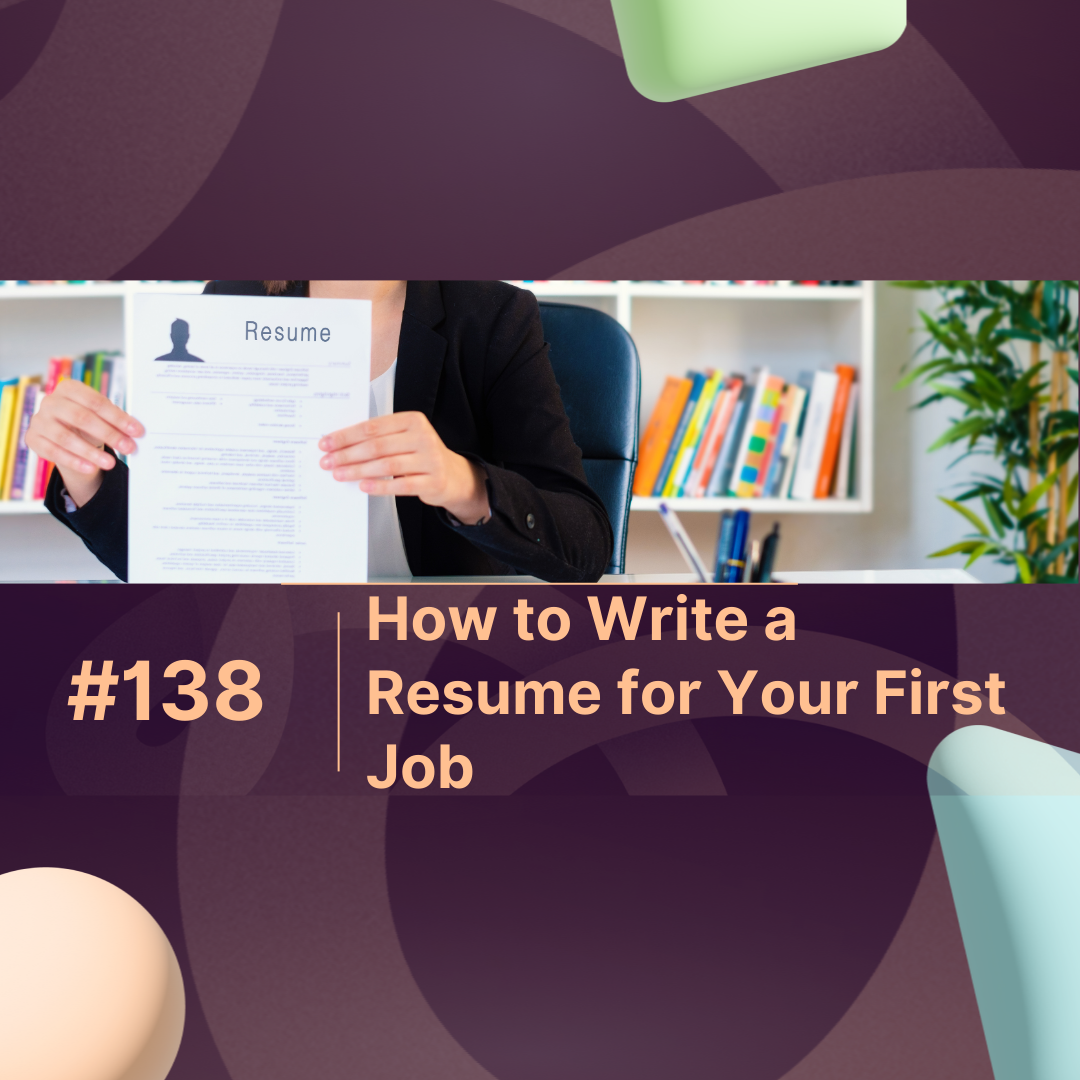In today’s job market, simply listing your roles and responsibilities isn’t enough. Recruiters and AI tools alike now scan for career storytelling—a powerful way to turn your experience into a compelling narrative that boosts visibility, trust, and job offers. In this guide, we’ll break down why career storytelling matters more than ever in the age of AI and how to make LinkedIn your storytelling stage.
Overview
This blog explores how career storytelling impacts your visibility in AI-powered job searches and LinkedIn algorithms. You’ll learn how to structure your career narrative, integrate relevant keywords naturally, and stand out to both machines and humans. We’ll also provide a comparison table and end with practical FAQs.
What is Career Storytelling?
Career storytelling is the art of framing your professional journey as a cohesive, engaging narrative. Rather than listing jobs, you highlight patterns, values, and transformation. The goal: to make your story resonate with recruiters, hiring managers, and increasingly, AI tools like LinkedIn Recruiter and Google’s AI Overviews.
Why Career Storytelling Matters in 2025
With over 77% of hiring managers using AI tools for screening (LinkedIn 2025), and LinkedIn now the #1 non-search platform for job sourcing, career storytelling improves both algorithmic visibility and human connection.
Benefits of Career Storytelling
| Benefit | Human Recruiter Impact | AI/Algorithm Impact |
|---|---|---|
| Emotional Connection | High | Medium |
| Skill Relevance Clarity | High | High |
| Improved Keyword Context | Medium | High |
| Consistent Personal Branding | High | High |
| Memorable Interview Answers | High | Low |
Where Career Storytelling Shows Up
- LinkedIn About section
- LinkedIn Headlines & Featured Posts
- Resume summaries
- Cover letters
- Portfolio bios
- Personal websites
How to Structure a Great Career Story
Use this proven format for AI-friendly and reader-friendly career storytelling:
- Start with a Hook – A strong opening that defines your professional identity or mission.
- Highlight Key Milestones – Mention turning points, wins, or transitions.
- Show Growth or Transformation – Describe how challenges shaped your skillset.
- Tie to Present Goals – Align your narrative with what you’re seeking now.
Example:
“From a front-desk assistant to leading global marketing teams, I’ve spent a decade helping brands connect with their audience. Today, I specialize in scaling storytelling for SaaS companies ready to grow.”
LinkedIn Optimization Tips for Career Storytelling
- Use natural language with strategic keyword placement
- Include job titles, tools (e.g., “Figma,” “HubSpot”), and soft skills (e.g., “cross-functional collaboration”)
- Avoid passive voice—use verbs like “built,” “led,” “solved”
- Add multimedia (videos, PDFs, links) to showcase results
- Ensure your headline and About section align with your story
How AI Interprets Career Stories
Google’s AI Overviews and LinkedIn Recruiter now prioritize:
- Keyword-rich, structured text
- Personal bios with measurable outcomes
- Profile freshness and engagement
Ranking Factors Table (AI-Friendly Resume/LinkedIn)
| Factor | Weight (%) | Description |
| Keyword Relevance | 35% | Uses industry/job-specific terms |
| Story Consistency | 25% | Narrative matches job experience and goals |
| Freshness | 15% | Recently updated profile/content |
| Engagement & Media | 15% | Posts, comments, content links |
| Clarity and Readability | 10% | Uses short, scannable, well-structured text |
Conclusion
Career storytelling is no longer optional—it’s a modern must-have for anyone serious about standing out in the job market. With AI search and LinkedIn shaping first impressions, your narrative needs to be strategic, authentic, and discoverable. When done right, storytelling can position you as both memorable and searchable—exactly what hiring teams and AI engines are looking for.
FAQs
What is the goal of career storytelling?
To turn your experience into a compelling narrative that attracts both human and algorithmic attention.
How long should my career story be on LinkedIn?
150–300 words is ideal for the About section long enough to provide context, short enough to remain engaging.
Can I use the same career story in my resume?
Yes, but adjust the tone. LinkedIn can be conversational; resumes should stay concise and formal.
What’s the best way to test if my story works?
Ask a peer or mentor: “If you read this, what kind of job do you think I’m targeting?”
Should I include failures or challenges?
Yes, if they show growth or resilience. AI loves clear cause-effect stories; recruiters love honesty.



